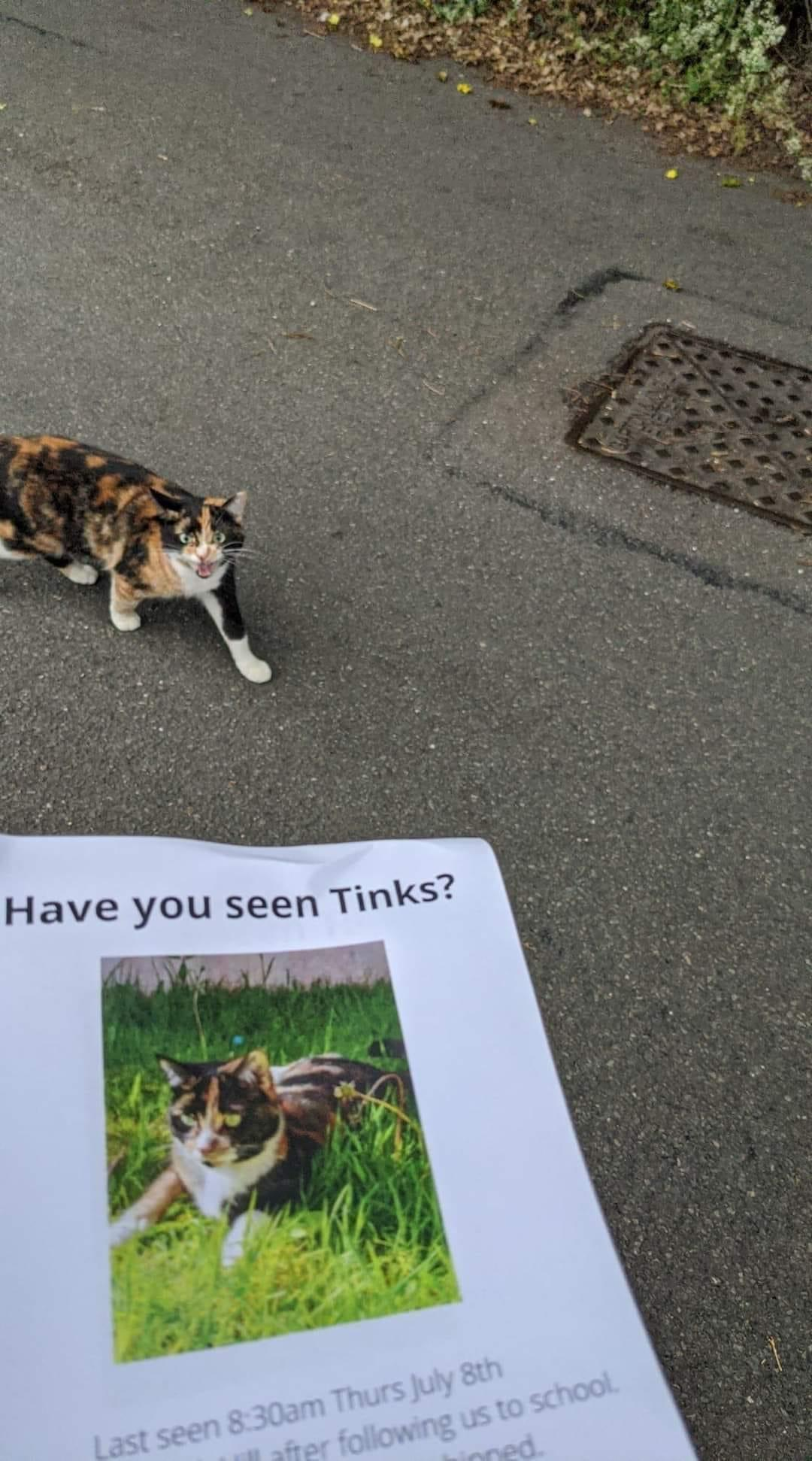this post was submitted on 12 Jan 2024
528 points (97.5% liked)
aww
24988 readers
731 users here now
A place with minimal rules for stuff that makes you go awww! Feel free to post pics, gifs, or videos of cats, dogs, babies, or anything cute and remember to be kind to others.
AI posts must be labeled [AI] in the title and are limited to one per week.
While posting and commenting in this community, you must abide by instance-wide rules: https://mastodon.world/about
- No racism or bigotry.
- Be civil: disagreements happen, but thatdoes not provide the right to personally insult others.
- No SPAM posting.
- No trolling of others.
founded 2 years ago
MODERATORS
you are viewing a single comment's thread
view the rest of the comments
view the rest of the comments

Not so strange actually. Sure, seen superficially, it seems that double negatives negate each other but that doesn't fit the empirical data. Many languages do this in their standard variety and English does it in many local, social and historical varieties. I think Shakespeare did it too.
Spanish for example has "sin nada", literally "without nothing" but meaning "with nothing"/ "without anything".
So the linguistic consensus is that the negative is expressed more than once. Depending on the language this might be optional or not. Slavic languages have a negative prefix "ne-" on verbs and this is obligatory if a negative word (like never, nobody,...) is used in the sentence.
I'm pretty sure you say and hear "I don't have anything" all the time and it doesn't trip you up. That's a double negative used in common dialects of English to emphasize.
Did you mean to say "I don't have nothing"? Because "I don't have anything" doesn't seem to be a double negative
Arguably, since "anything" is only used in negative sentences, it is kind of part of the negative. You wouldn't say "I have anything", only "I don't have anything". Then again, it can be used in positive sentences like "I would do anything" with a slightly different meaning.
But let's take "anymore". "I can't stand it anymore" is a common phrase but "I can stand it anymore" not so much. "anymore" is only used in negative sentences so the "not" is arguably redundant and therefore "not ... anymore" is kind of a double negative.
And even that's not true for all speakers of English. There are native speakers who would say "I go to town anymore" unironically.
Edit: I reread the comment you reacted to and to say it's "to emphasize" is wrong. That argument would work better for "at all" for example. My point is that "double negative" isn't as clear cut as it might seem to be at first glance. "I don't know nothing" is a double negative for sure, "I don't know anything at all" kind of in a way, "I don't know anything" maybe a little bit.
First of all, something like "I'll have anything" is a valid and reasonable statement that is not negative, for example when somebody asks you what you want to drink.
But further, "anything", "anymore" and "at all" are all very different - from what I understand, "anymore" doesn't even exist as a word in British English, and I'd point out an example of "do you have any more?" as another non-negative. I think generally "anything" makes more sense by itself than "anymore"/"any more", and "at all" similarly needs context. But just to provide a not-really-negative example, "Do you like it at all?", where a positive response ("yes"/"I do") does mean liking something.
In the end, I think your arguments might be stemming from trying to apply the term to too many things, from my understanding double negatives are very simple in that they need to have two negatives. A word being general, and used mostly in negative statements doesn't mean it's a negative, and that the actual negative part of the sentence is redundant.